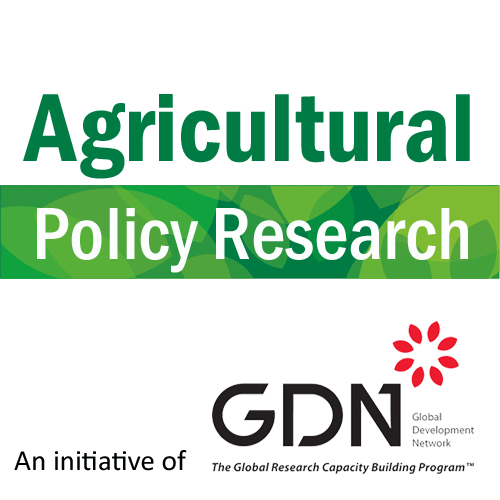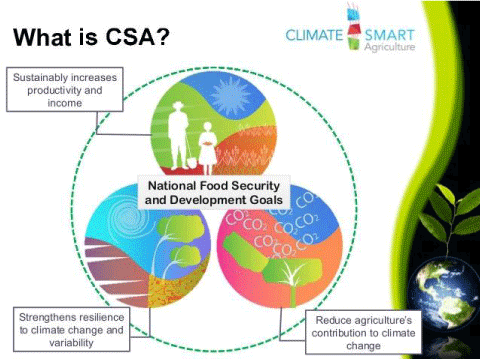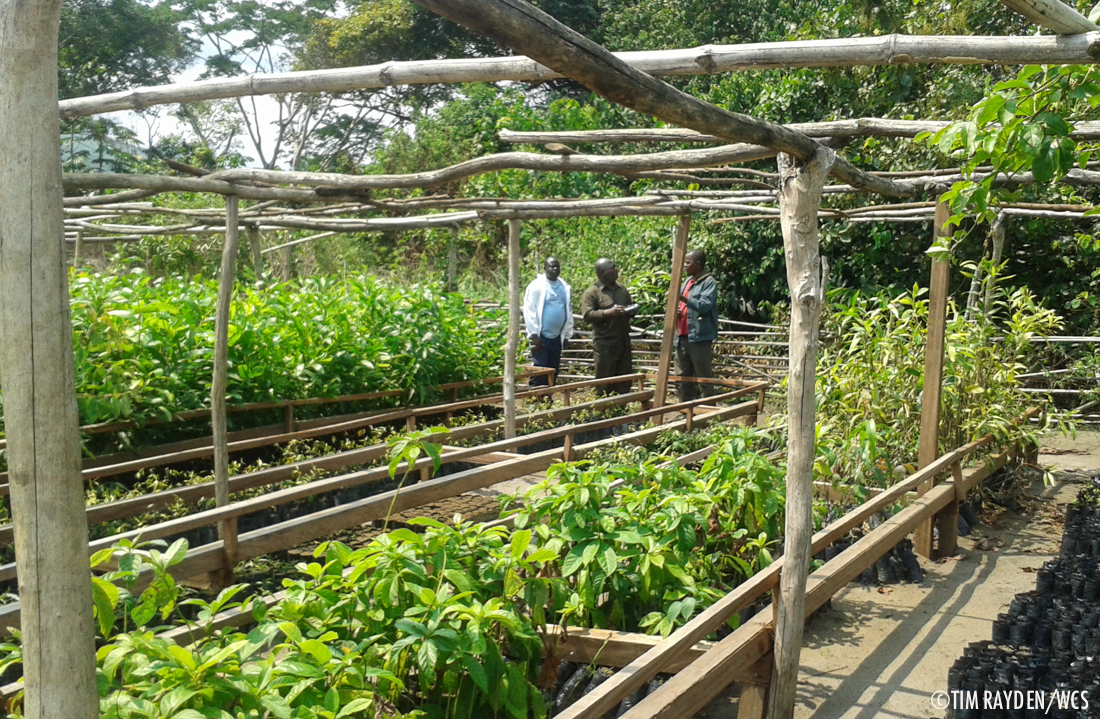Agricultural Policy And Governance For Sustainable Development

Agriculture plays a vital role in shaping our society and ensuring food security for the population. As the world's population continues to grow, it is essential to have effective agricultural policies in place to support sustainable practices, innovation, and rural development. In this article, we will explore the importance of agricultural policy and its impact on various aspects of our lives.
One of the key purposes of agricultural policy is to provide support and guidance to farmers and agricultural businesses. These policies aim to ensure that farmers have access to the necessary resources, such as land, seeds, and machinery, to cultivate their crops efficiently. They also provide training and education programs to empower farmers with the knowledge and skills required to adopt sustainable farming practices.
Furthermore, agricultural policies help to stabilize the agricultural sector by implementing measures to manage risks associated with weather events, price fluctuations, and market demands. By having strategies in place to mitigate these risks, farmers can continue their operations without significant disruptions, ensuring a steady supply of food for the population.
Agricultural policies also play a crucial role in promoting rural development. They support initiatives that aim to improve the infrastructure and living conditions in rural areas, creating more opportunities for employment and economic growth. Additionally, these policies encourage investment in research and development, leading to technological advancements that drive innovation in the agricultural sector.
What is often overlooked is the impact of agricultural policy on environmental sustainability. By implementing policies that focus on promoting sustainable farming practices, such as organic farming, crop rotation, and water conservation, we can minimize the negative impact of agriculture on the environment. Sustainable agricultural practices help protect soil health, water quality, and biodiversity, ensuring a healthier planet for future generations.
Ideas for improving agricultural policy include:
- Promoting agroecology: Agroecology emphasizes the ecological aspects of farming and encourages the use of natural resources and biodiversity to increase productivity.
- Investing in agricultural research and development: Allocating resources to research institutions can lead to innovative solutions and technologies that improve agricultural productivity and sustainability.
- Encouraging diversification: Promoting diversification in agriculture, such as integrating livestock and crop farming or adopting agroforestry practices, can help farmers diversify their income sources and reduce risks.
- Providing financial support: Offering financial aid, loans, and insurance programs to farmers can help them cope with unexpected events and invest in their farms' growth.
- Enhancing market access: Creating opportunities for farmers to access local and international markets can help increase their profitability and expand their customer base.
These are just some ideas that can improve agricultural policy and contribute to the overall development of the agricultural sector. By implementing these initiatives, we can ensure a sustainable future for agriculture.
Recommendations for policymakers to enhance agricultural policies:
- Consider the needs of small-scale farmers: Small-scale farmers often face different challenges compared to larger commercial farms. Policymakers need to tailor policies to address the specific needs of small-scale farmers.
- Collaborate with agricultural stakeholders: Engaging with farmers, researchers, industry experts, and other stakeholders will help policymakers gain valuable insights and ensure that policies are well-informed and effective.
- Empower farmer organizations: Support farmer organizations and cooperatives to strengthen their negotiating power, access resources, and promote collective decision-making.
- Incentivize sustainable practices: Provide incentives, such as subsidies or tax breaks, to encourage farmers to adopt sustainable farming practices.
- Ensure transparency and accountability: Establish transparent monitoring and evaluation systems to track the implementation and impact of agricultural policies.
By incorporating these recommendations into agricultural policies, policymakers can create an enabling environment for farmers to thrive and contribute to sustainable development.
Listicle of benefits of well-designed agricultural policies:
- Improved food security: Well-designed agricultural policies ensure a stable and sufficient food supply for the population, reducing the risk of food shortages.
- Enhanced rural development: By investing in rural areas and supporting small-scale farmers, agricultural policies can spur economic growth and reduce poverty rates.
- Environmental sustainability: Policies that promote sustainable farming practices help protect natural resources and minimize the negative impact of agriculture on the environment.
- Technological advancements: Agricultural policies that support research and development contribute to technological advancements that enhance productivity and efficiency in the sector.
- Job creation: Investing in agriculture creates employment opportunities in rural areas, reducing urban migration and promoting balanced regional development.
- Improved farmer livelihoods: With appropriate support and resources, farmers can improve their income levels and achieve better standards of living.
- Enhanced market access: By facilitating market access and trade opportunities, agricultural policies enable farmers to reach a wider customer base and increase their profitability.
- Diversification and risk reduction: Policies that encourage farmers to diversify their income sources help reduce the risks associated with relying solely on farm income.
- Poverty alleviation: Well-implemented agricultural policies contribute to poverty alleviation by providing farmers with the tools and resources needed to improve their livelihoods.
- Preservation of cultural heritage: Agricultural policies that support traditional farming practices and preserve cultural heritage contribute to maintaining cultural diversity and identity.
Question & Answer:
Q: How can agricultural policies benefit the environment?
A: Agricultural policies can benefit the environment by promoting sustainable farming practices. These practices help reduce soil erosion, preserve water quality, and protect biodiversity.
Q: How do agricultural policies impact rural development?
A: Agricultural policies provide support and resources to farmers in rural areas, leading to improved infrastructure, employment opportunities, and economic growth.
Q: What challenges do small-scale farmers face?
A: Small-scale farmers often face challenges such as limited access to resources, lack of market opportunities, and vulnerability to climate change and price fluctuations.
Summary:
Agricultural policy plays a crucial role in shaping the agriculture sector and its impact on various aspects of our lives. By ensuring the availability of resources, stabilizing the market, promoting sustainable practices, and supporting rural development, these policies contribute to a more sustainable, efficient, and inclusive agricultural system. However, there is always room for improvement. By incorporating ideas, recommendations, and best practices, policymakers can enhance agricultural policies and pave the way for a thriving agricultural sector that meets the needs of today while preserving the resources for future generations.




Post a Comment for "Agricultural Policy And Governance For Sustainable Development"